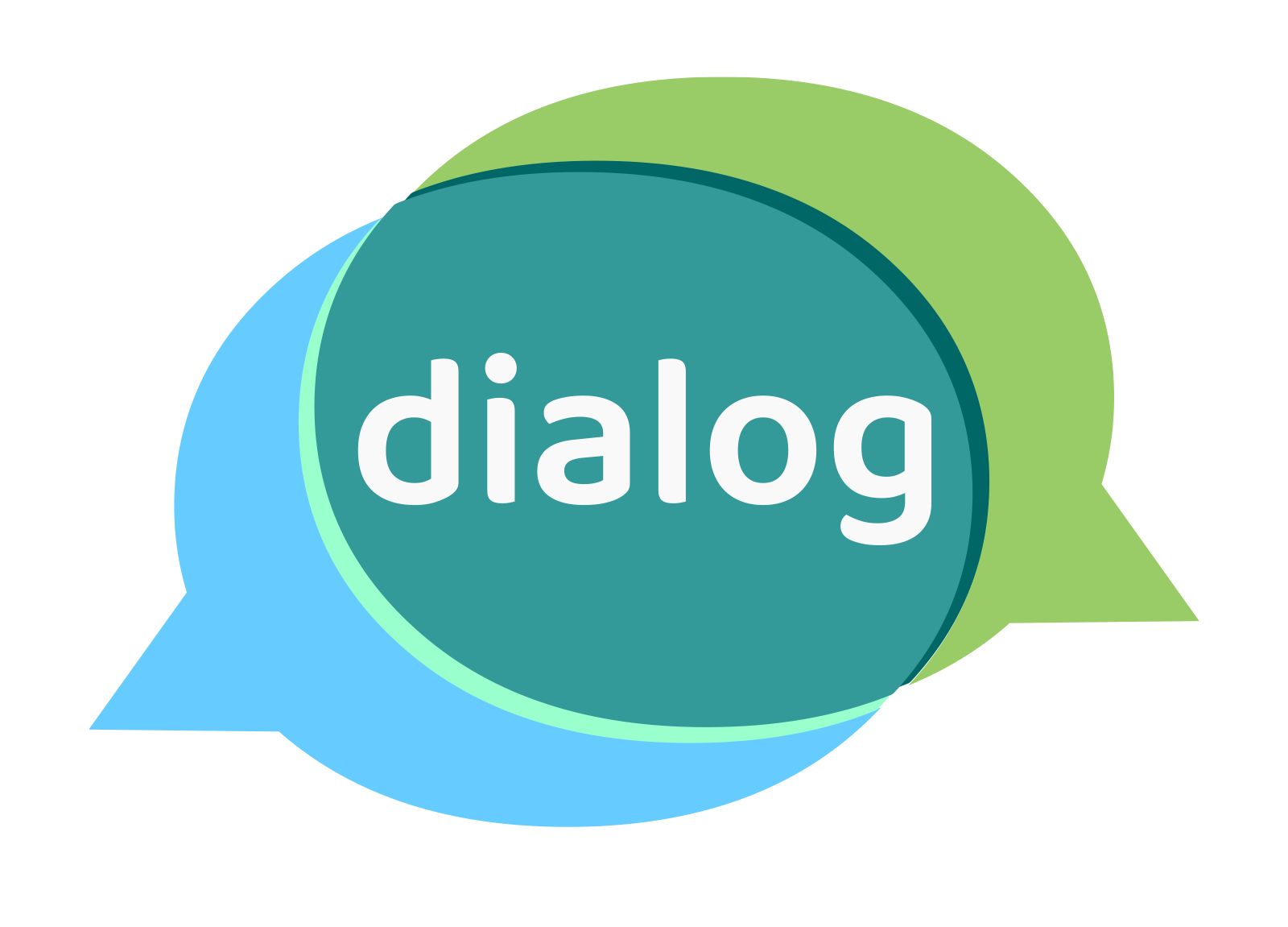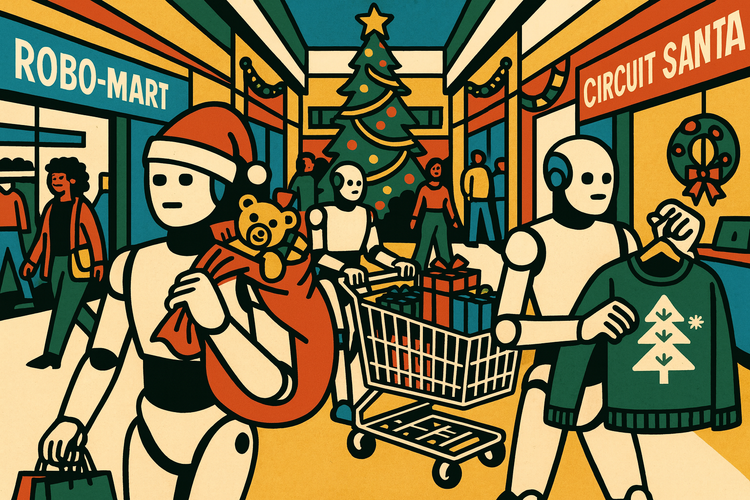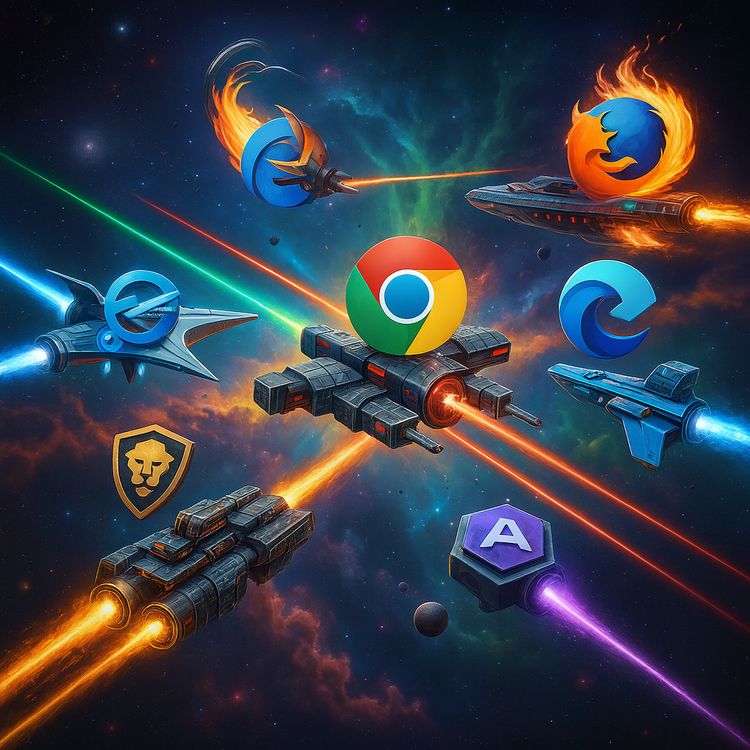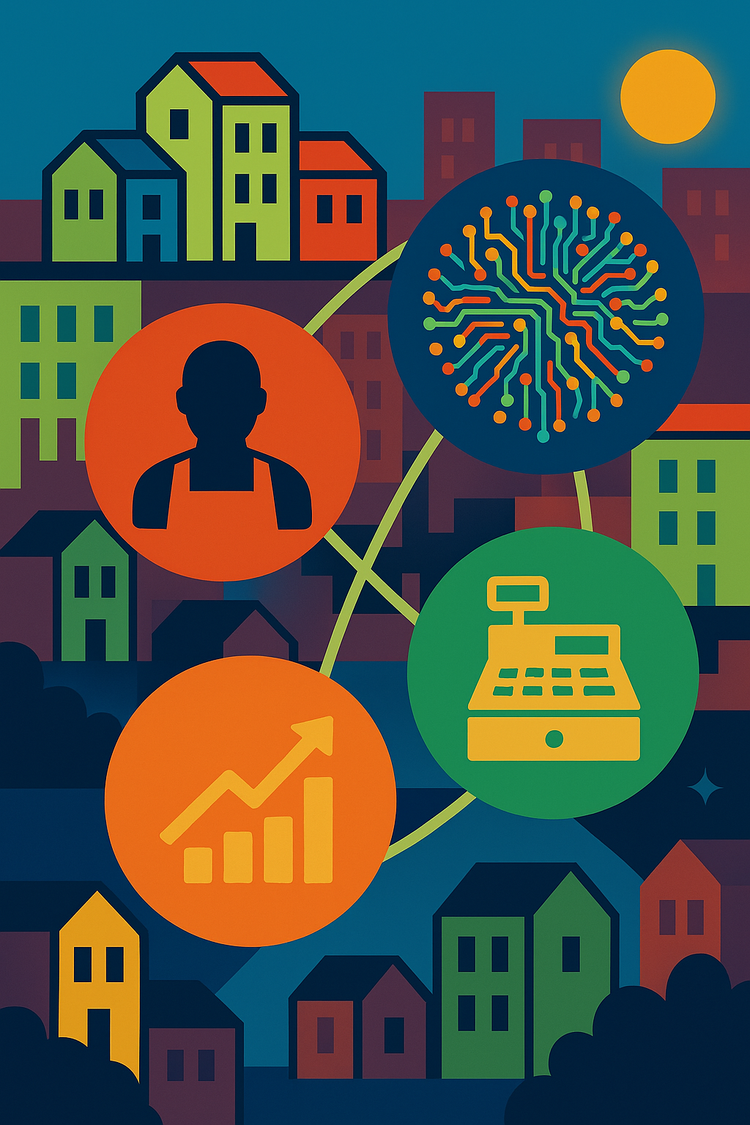Fair Use Test, ChatGPT Shopping Serious, Agents and Ads, Patch AI

Thinking Out Loud
Changing Search Market: Local SEO agency BrightLocal has done many surveys on search and reputation management. Its latest survey reinforces some of the things we already know: i.e., Google is the dominant search and local search site. Yet, the data also hint at an evolving search/local marketplace. Google is losing some usage, though still marginal, to ChatGPT and social sites such as TikTok. The number of "default" (primary) Google users is a surprisingly low 61% (this should be seen as directional), while ChatGPT captures 5% of usage (10% for Gen Z) – more than Bing. Overall, there are 16 sites/tools people are using to "search" to some degree. Moreover, 40% of respondents said they "actively use generative AI when searching online." And TikTok is the most popular Gen Z local search platform after Google/Google Maps. The market is clearly evolving, which will accelerate.
The Ads Are Coming: Dialog's November 2024 consumer survey found that "lack of ads" was the least important of multiple features consumers liked about AI results/answers (vs. e.g., ability to ask follow-up questions). That's probably a good thing because ads are almost here. Perplexity already has ads and Google has long promised ads in Gemini. It's currently testing them in third party chatbots that use Gemini. Meta, which just launched Meta AI as a stand-alone app, said it would also roll out ads. And ChatGPT's costs and burn rate will compel it to offer some version of advertising, which it hasn't denied considering. The market won't support more than a few subscription-based LLM products, so ads make sense for everyone else – the analogy is streaming. Ads have ruined Google; let's hope that it doesn't happen to AI.
Fair Use Put to the Test: Copyright law is an existential challenge for AI. AI platforms maintain, somewhat disingenuously, that their use of copyrighted material to train LLMs is "fair use." Fair use is a defense to a claim of infringement but needs to be evaluated on a case-by-case basis, using multiple criteria. A federal case in San Francisco will be the first to truly test whether fair use becomes a "get out of jail free" card for AI companies. Brought by well-known authors who argue Meta knowingly stole their works without permission, the plaintiffs face a motion to kill the case. Tomorrow, the court will hear Meta's motion for "judgment on the pleadings." Discovery has uncovered internal emails revealing that Meta was aware it was using a database of pirated content to train Llama, its open-source LLM. There's a long way to go but the case potentially has sweeping implications for the entire industry. Regardless of who wins there will be an appeal.

ChatGPT Is Shopping Serious
OpenAI is getting serious about shopping on ChatGPT. Earlier this week the company announced an improved shopping experience that offers product images and links to sellers with buy buttons. It's a major improvement from what existed before, but it's still early in ChatGPT's evolution as a shopping destination. It appears that the company is building out product and shopping content across at least 21 product categories, including Automotive, Baby & Kids, Beauty & Personal Care, Books, Music & Media, Electronics, Apparel, Food & Beverage, Health & Wellness, Home & Kitchen, Pet Supplies and more. It will also soon be accepting structured merchant feeds, which will further improve the experience and potentially transform it into a truly viable shopping/e-commerce competitor. Another noteworthy thing here: OpenAI could readily monetize shopping (vs. other activities on the site), with ads, affiliate links or commissions for actual sales.
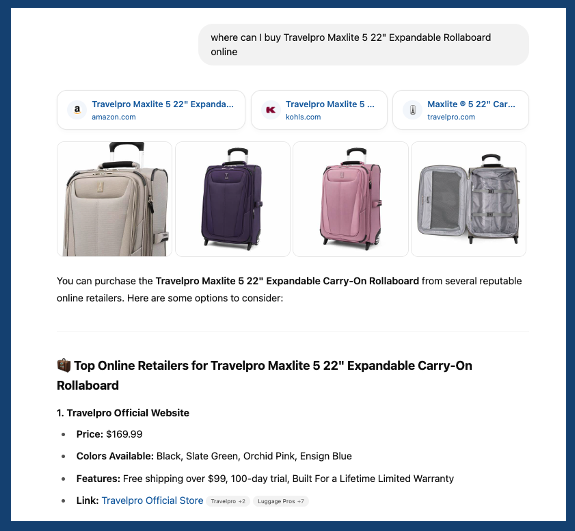
Our November 2024 consumer survey found that 43% of respondents (19% of the overall population) thought that ChatGPT offered a better product research experience than Google. Amazon is one of the merchants featured as a buy option in ChatGPT; so this will likely drive traffic and conversions. Google may be a different story. More than Google today, ChatGPT now offers a full funnel experience – from product research and education, to feature and price comparisons to transactions. Right now it's focused on e-commerce, though you can also ask where to buy something locally. Today it will direct you to brand-store locators or places likely to have the product (e.g., Home Depot), though without real-time inventory data. We would assume local inventory data is on the whiteboard.

NEWS & NOTEWORTHY
- Yelp beats Google's antitrust motion to dismiss; discovery ahead.
- Test: Google linking "reviews" button on GBP to AI Overviews.
- Google Gemini is coming to the iPhone this year.
- OpenAI: "over 1 billion web searches just in the past week."
- Why expanded AI memory will transform "search" and marketing.
- What Is Model Context Protocol and Why Should You Care?
- Microsoft: up to 30% of company's code now being written by AI.
- OpenAI and Microsoft are preparing for their breakup (WSJ).
- Google used search and user "engagement" data for AI Overviews.
- Wix introduces AI-driven real-time website personalization.
- Visa and Mastercard roll out AI ready credit cards.
- Pinterest to start labeling AI modified/generated images.

Will Agents Change Advertising?
As AI agents become more common it's likely that websites will see fewer human visitors over time. They may see more bot and agent traffic however and that holds implications for ads that appear on publisher sites. An Austrian university in March produced a research study that investigated whether and how AI agents interacted with online advertising, with some very interesting findings.
The Austrian researchers created a hotel booking site designed to emulate the performance of real travel sites. It carried multiple ad units: banners, text/native ads, and sponsored listings. Researchers tested multiple research and booking tasks using ChatGPT-4o, Claude Sonnet 3.7, Google Gemini 2.0 Flash and OpenAI Operator. (Both OpenAI's tools outperformed the others, with ChatGPT-4o the ultimate winner.) But what's most interesting in this context is agent interaction with ads, which wasn't a given before the experiment.
Agents did in fact interact with ads. And the different models behaved differently, sometimes very differently. For example:
- GPT-4o: Clicked on (CTR) 11 sponsored listings with a 75% conversion rate.
- Claude Sonnet 3.7: Did not interact with sponsored listings at all.
- Gemini 2.0 Flash: CTR 4 sponsored listings with 100% conversion.
- OpenAI Operator: CTR 20 sponsored listings, with 100% conversion
Researchers found that ads influenced agent behavior including conversions (hotel room reservations). Here are some of the specific findings:
- Text ads outperformed image ads for "engagement" and conversions.
- Image-only ads were far less effective than text.
- Machine readability is more important than visual design.
- Ad text should be aligned with user intent for maximum impact.
There are many fascinating implications coming out of this study. Among them, ads will still matter in a world where a majority of site visits are from bots. Ad design and aesthetics don't really matter to bots, just the text content. That will create a dilemma: do you have two sets of ads for people and for machines? Old ideas about ads, their density on sites and their relationship with organic content may significantly evolve over time. Do ads need to be clearly labeled as such for bots?

Patch, AI and the Future of Local News
Local news has been in decline for years. But in 2023, nearly 130 traditional local publishers went out of business, according to Medill School of Journalism. And now, more than 50% of counties across the US have little or no local news. Multiple studies have shown that the decline of local news is linked to reduced voting rates and greater political polarization. The loss of local news also contributes to increased corruption and local government waste. Where does AI fit in and can it help? Maybe.
Patch, which remarkably still exists, has created a network of AI-generated newsletters for more than 30K communities, up from roughly 1K a year ago. AI tools scrape information from local sites, social media and official sources to generate these newsletters, with human editorial oversight. Patch sees the newsletters as a way to engage its audience and create more ad inventory. These newsletters are part of Patch's strategy to help build a sustainable local news platform. Obviously, this isn't a 1:1 substitute for true local coverage but it can be helpful and partly subsidize the humans who cover "real news."
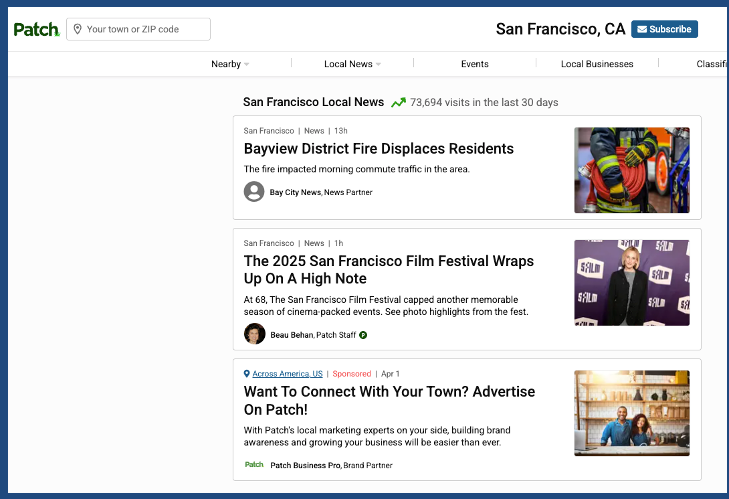

Funny | Disturbing | Sad
- AI chatbots may have a destructive impact on relationships.
- Trump trying to weaken EU AI safety and transparency rules.
- Meta's AI bots engage in explicit sex talk, even with young teens.
- Expelled Columbia student who created AI cheatbot, now building startup.
- Marc Andreessen thinks VCs are safe from AI – he's wrong.
- If companies "on-shore" manufacturing, will those jobs go to robots?
If you're not getting this in your in-box, you know what to do...
